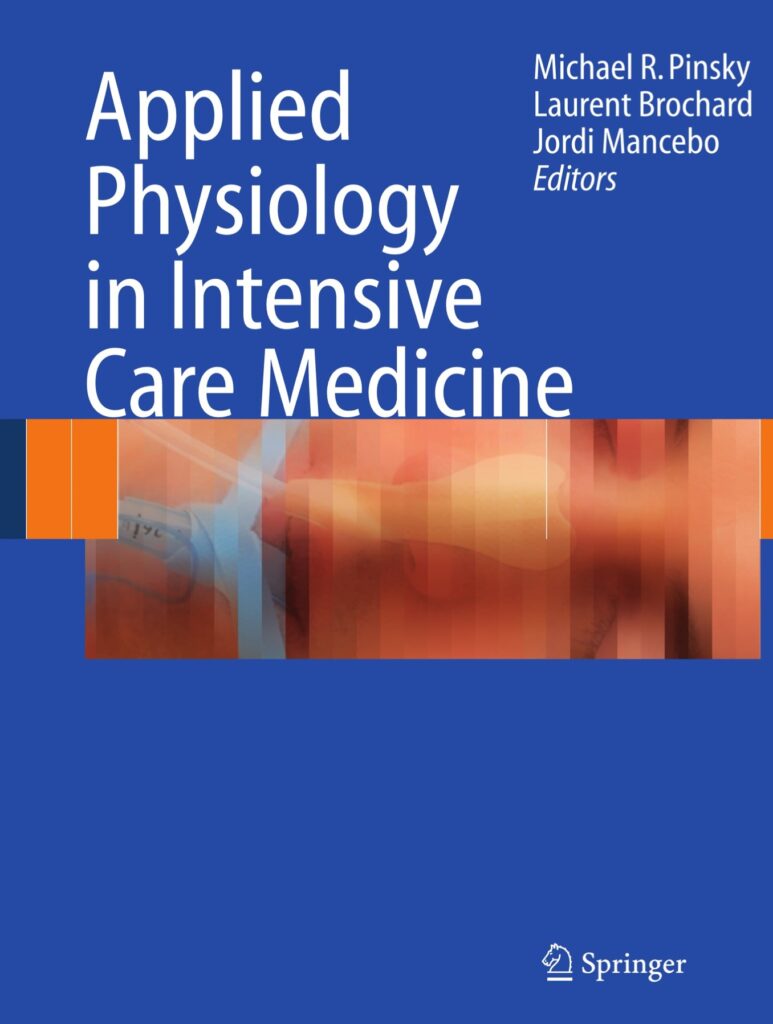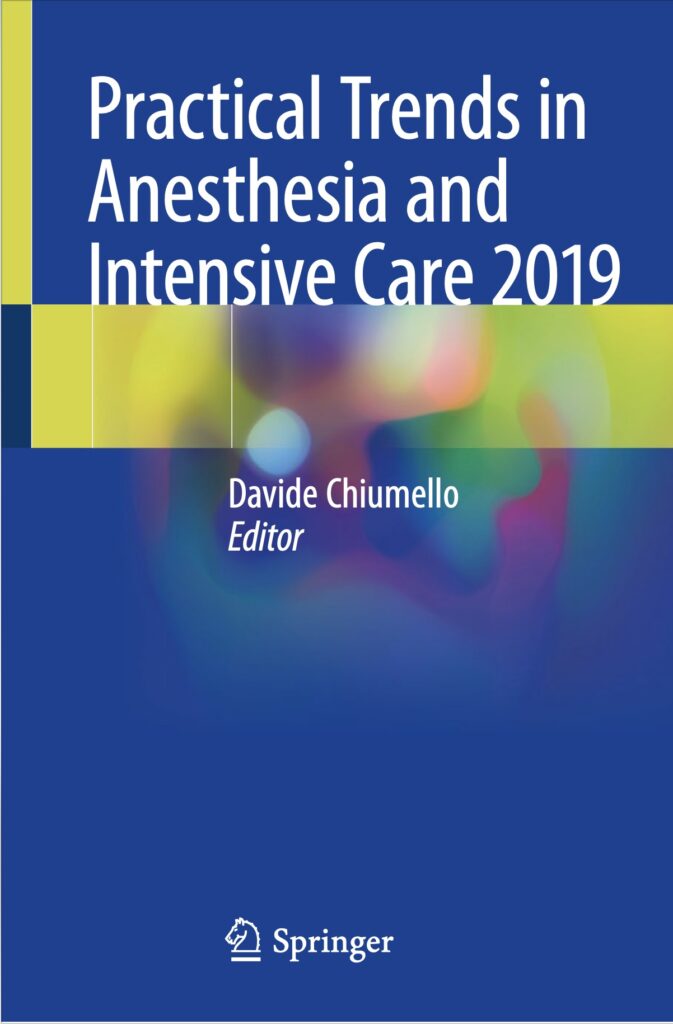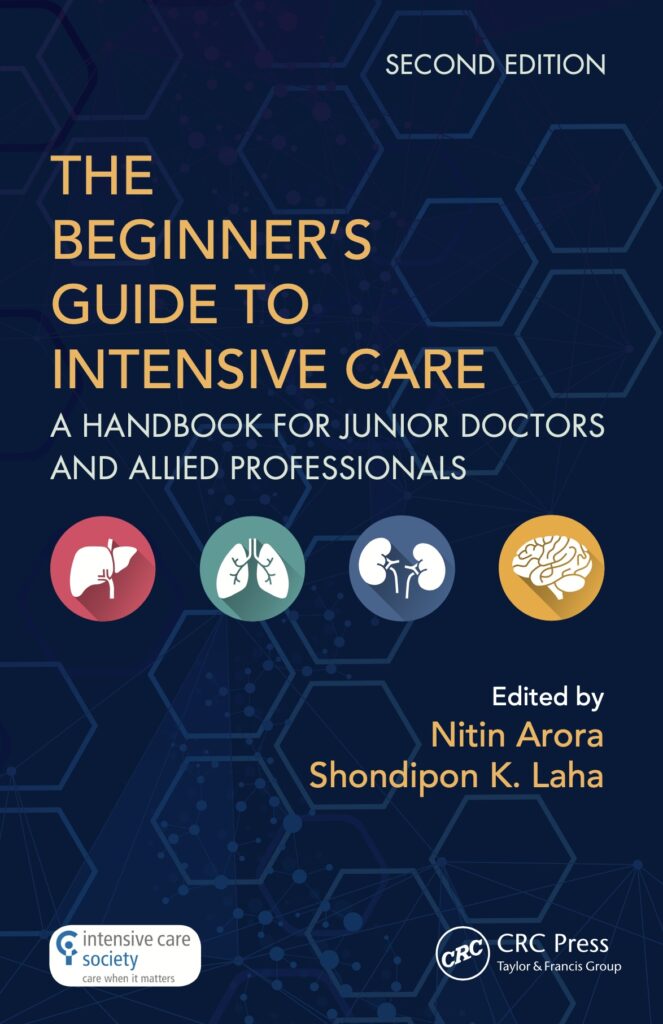Read Time:34 Second
A refractive error is the most common eye problem. When the shape of the eye is abnormal, the eye doesn’t bend (or refract) light properly, and so vision is blurred.
The most common types of refractive errors are:
- Long-sightedness (hypermetropia), causing blurred close and distance vision.
- Short-sightedness (myopia) causing blurred long distance vision.
- Astigmatism, which causes an uneven focus of light and blurred vision.
- Presbyopia, When the eye lens loses flexibility, making close work difficult. This is most common with people over 40 years of age.
These errors can be corrected with glasses or contact lenses. Surgery might also be an option.
Follow the links below to find trusted information about refractive errors.







